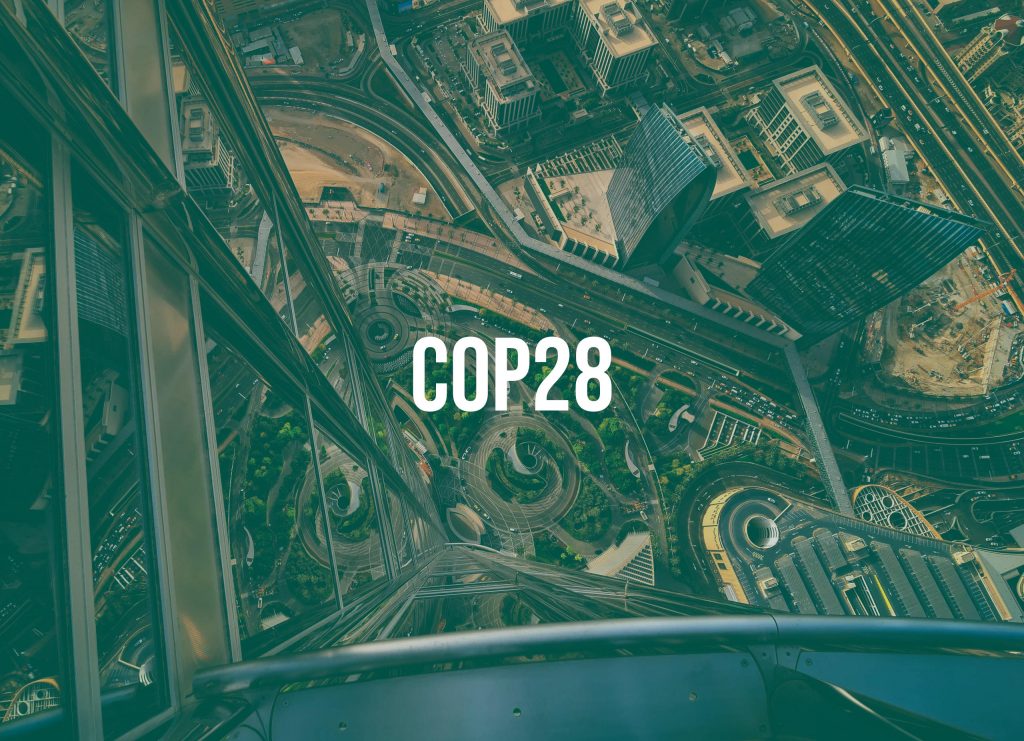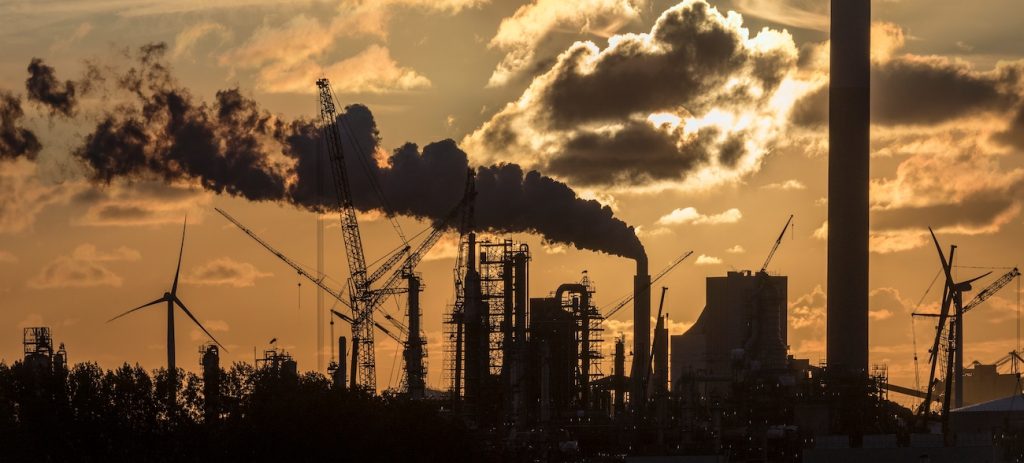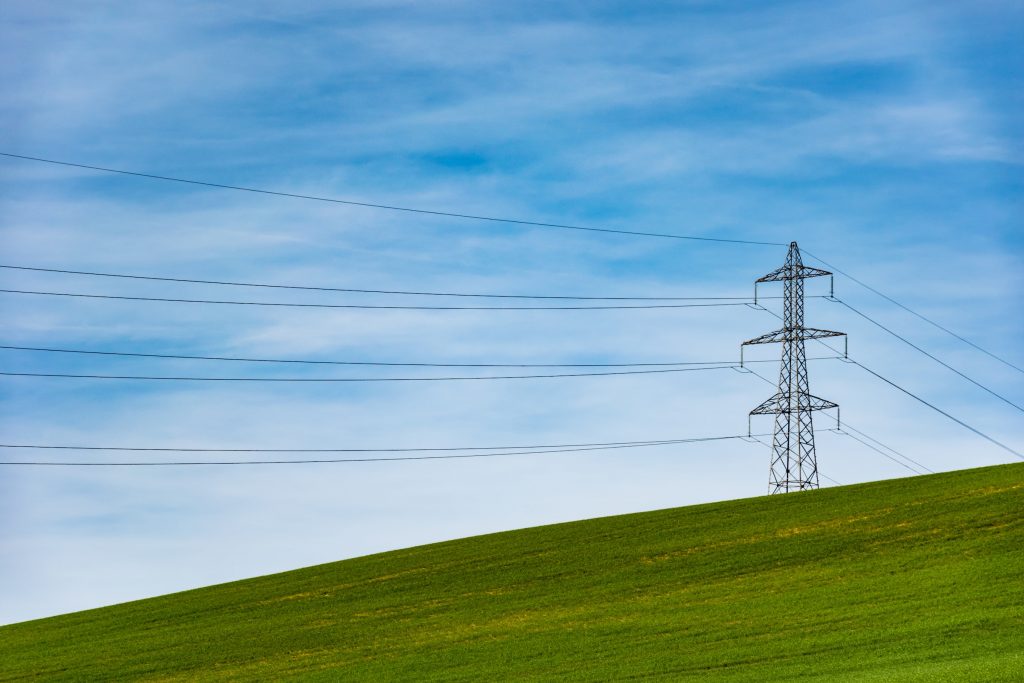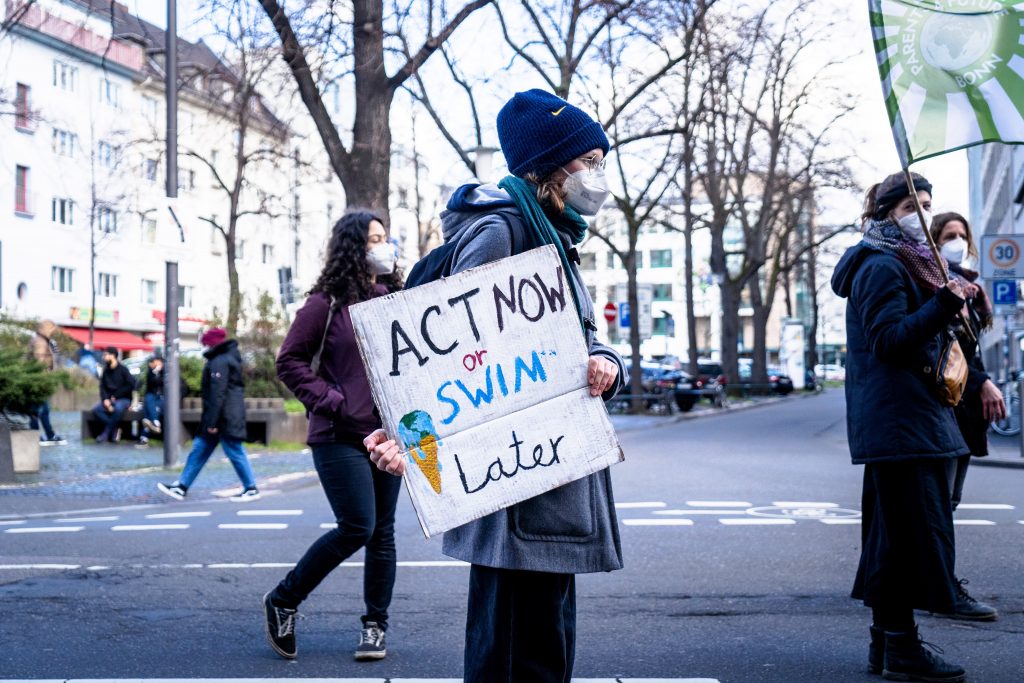
COP28 | CARLO CARRARO. The road ahead for climate finance
On the opening day of COP28 in Dubai, Carlo Carraro highlights three fundamental dimensions to understanding the landscape of funding for climate change mitigation and adaptation in the context of international negotiations: the magnitude of funding, its allocation, and the critical role of finance in supporting global climate goals.











